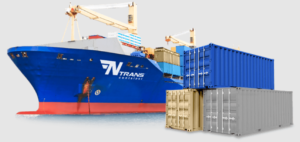Call Us:
+44(0)2039579445
+254 111 81 81 81
Mail Us:
info@tripleafreight.co.uk
Triple A

